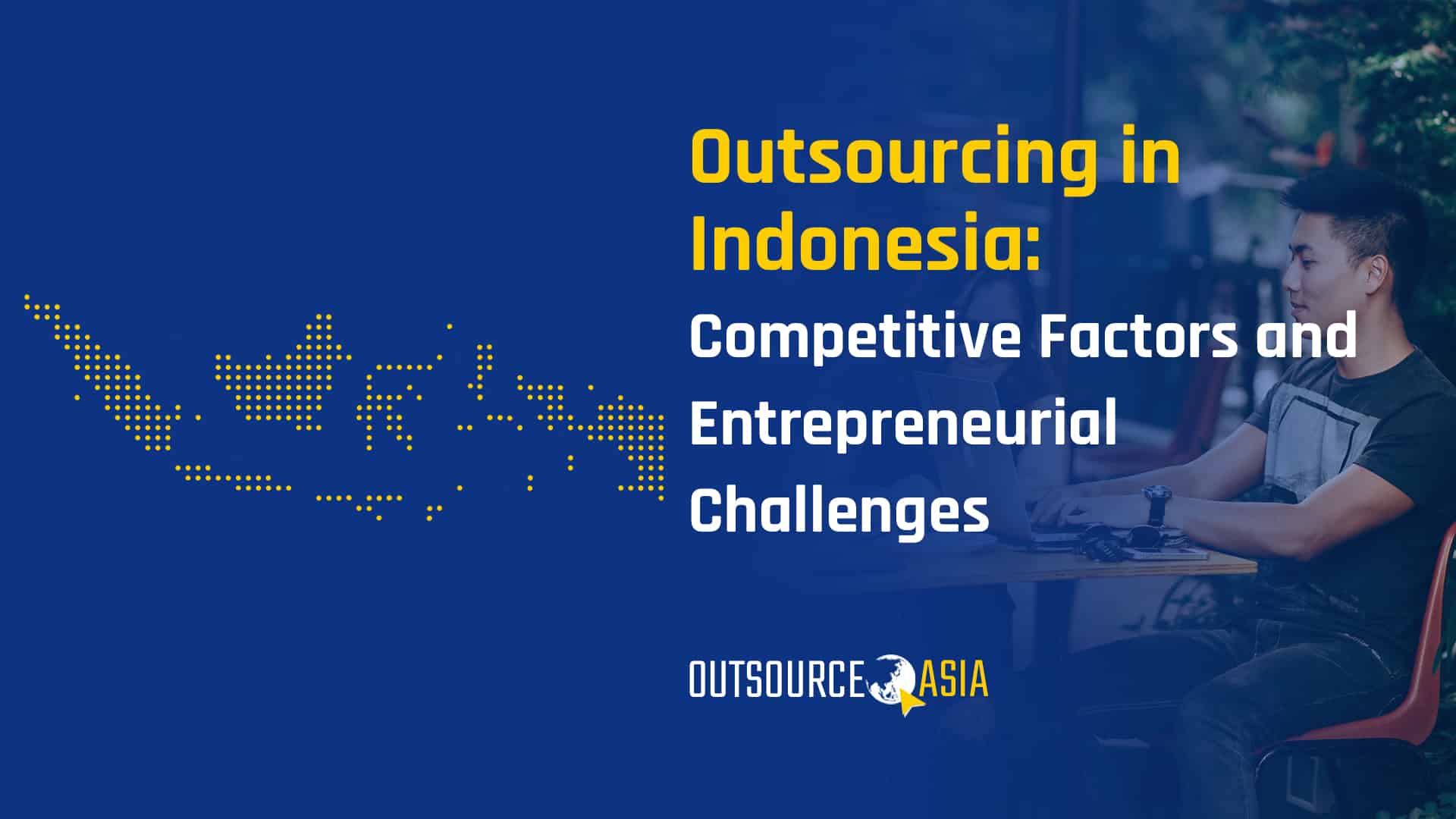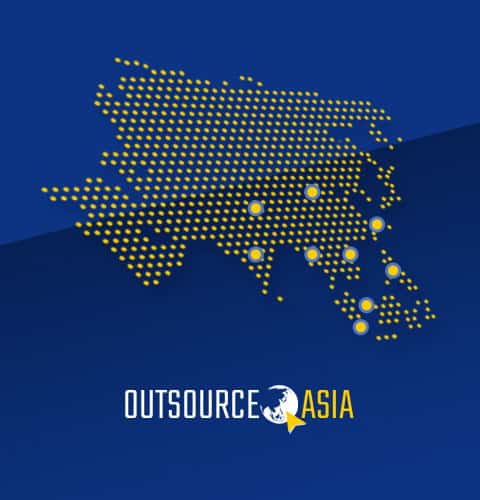
Indonesia, the fourth most populous country in the world, is also earth’s largest archipelago, made up of more than seventeen thousand islands. Home to at least 270 million people with 60% of the population living in Java, the nation’s capital and the most progressive island where government agencies and businesses are actively operated. It is considered a ‘young’ country, with people 40 years old and below comprising 60% of the population. There are 129 million working individuals in the country with the two biggest sectors, services and agriculture, employing 44% and 43% of the workforce respectively.
In Asia, Indonesia has one of the lowest monthly minimum wages at $138 but not lower than Vietnam and India at $126 and $54, respectively. For perspective, the top three countries that receive the highest minimum wage per month are Australia, Luxembourg, and New Zealand at $2,262, $2,102, and $1,805, respectively. Businesses with labor-intensive operations have a better chance of making a bigger profit margin and of lowering overall operating costs if they choose to outsource production processes to countries with cost-effective human resources like Indonesia.
This refers to the country’s level of digital transformation that makes it likely to provide services within sectors of business process outsourcing (BPO), information technology (IT), and voice services. Automation and cybersecurity are also factors that determine the location attractiveness of a country for global business outsourcing.
According to global strategy and management consulting firm A.T. Kearney, Indonesia ranks fourth in terms of having a capable workforce with digital capabilities and software development skills and a digital business environment equipped with technological innovation needed to improve efficiency of core business services in various industries.
Indonesia also has competitive cloud service industry as well as telecoms and digital finance markets which are expected to deliver by 2022 an estimated $22.5 billion, and $1.2 billion profits, respectively.
To attract foreign investment in the outsourcing industry the Indonesian government supports the following:
Commitment to investments in the outsourcing industry is lukewarm due to lack of specialized talent in the domestic customer service market. There is no room for growth and expansion especially when there is such a small workforce capable of carrying out critical tasks and core competencies needed to support the overall goals for most global businesses.
Despite being ASEAN’s largest economy, Indonesia has the highest youth unemployment rate in the region at 16.15% additionally, education is a serious concern as less than 10% of its 127 million workforce have university diplomas. And even then, only 65 of the nearly five thousand universities in the country have globally satisfactory accreditation status. Unfortunately, substandard educational services being offered to students will likely lead to poor quality graduates.
In fact, job growth is a persistent problem in the country due to proliferation of unskilled workers and lack of employees with higher levels of education attainment. Paving the way to a thriving digital economy and a robust outsourcing industry will be difficult unless there’s a way to decrease the number of job-seekers struggling to meet basic requirements of employers. Without equipping its people with the necessary skills, knowledge, and attitude to stay competitive, it would be difficult for Indonesia to expect its enterprise software and cloud computing sectors to be key drivers for economic growth.
The Indonesian government will need to implement educational reforms and training programs if it is serious about being competitive in the global business outsourcing industry. Ideally this gap will not just be seen as a way to bridge the global and in-demand skills gap among college students and new graduates in Indonesia; but also as an opportunity to re-skill and up-skill outsourcing professionals in areas such as business fundamentals, digital innovation, software technology, Artificial Intelligence (AI), and Internet of Things (IoT) among others. Until this happens, Indonesia will face an uphill battle in the world of Global business outsourcing.
To make things even more challenging for Indonesia it lacks a strong legal framework for personal data protection. This has led to the misuse of citizens’ data and easy access of consumer personal data on digital platforms. The government’s lack of prioritization in passing a comprehensive data privacy law, which has been stalled since 2015, has further hampered Indonesia’s transformation into a meaningful global outsourcing player.
From alleged data leak and hacking attempts to government’s lax data storage rules, it risks attracting many cybercriminals and driving away any local or global outsourcing company looking to invest in Indonesia. Indonesia’s inadequate legislative environment and its citizens’ low digital literacy is a lethal combination that can amplify cybercrimes and can lead to potential economic loss of an estimated $150 billion.
Indonesian has the potential to become a significant global outsourcing player however it must first address some considerable issues such as education and cybersecurity. It is important to consider your company’s specific requirements, day to day needs, and comfort level with the shortcomings discussed before entering into an agreement with a local outsourced services provider in the country. If you need more information on finding the right outsourcing partner for your business, read more here.
